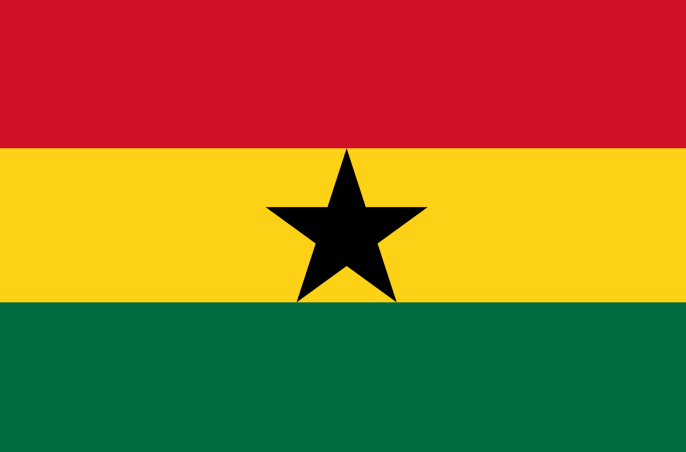The state of financial inclusion and mobile money in Ghana

CGAP develops innovative solutions through practical research and active engagement with financial service providers, policy makers, and funders to enable approaches at scale.
Housed at the World Bank, CGAP combines a pragmatic approach to responsible market development with an evidence-based advocacy platform to increase access to the financial services to the poor and the need, to improve their lives.
Financial inclusion has expanded substantially in the last five years in the country, this is driven by nonbank format, notably mobile money.
Banking is comparatively high but not growing much, but then, lagging regions are catching up fast.
The impact of mobile money In formalizing remittances is apparent. But it’s role in the overall provision of formal financial products and services is modest, as compared to banking.
In his presentation today at the World Bank, Peter Zetterli of the CGAP said, looking at the financial landscape in Ghana developed since 2010, access to formal financial services has risen by nearly half with in the last five years, thus, 41% in 2010 and 58% 2015,
According to him, the main driver is rapid growth in nonbank formal services, which tripled in the last five years.
Half of this he said, is directly attributed to mobile money alone, while the other half is to both mobile money and other nonbank formal.
Peter added that, Ghanaians have roughly the same level of access to banking, mobile money and other formal financial services. Thus, about 36% have access to banking, 29% to mobile money and 29% to other formal.
But banking still contributes more, because about 48% of Ghanaian adults have registered accounts with a formal financial institution. 34% have bank accounts, 20% have mobile money accounts and 8% have nonbank financial institution accounts.
Ghanaians, he said are highly banked as compared to our peers like Uganda, Rwanda, Tanzania and Kenya. Because their share of adults registered with a bank accounts are 14%, 16%, 21%, 28% respectively.
He said, mobile money is now arguably the most accessible form of financial service, where about 99% of Ghanaians are aware of at least one provider and 29% have used mobile money.
25% are actively using mobile money, and 17% are active account users. There over 40,000 active mobile money agents in Ghana today.
17% of mobile money users know one agent 1km from their homes.
Banking he said is growing, but too slow to be the main engine for expanding financial inclusion.
Ghana has all the base conditions for mobile money to be successful. Infact, conditions here are better than in the leading East African markets.
The mobile money space is now competitive amongst, airtel money, MTN mobile money, tigo cash and Voda cash.
So there is no reason not to expect Ghana to catch up with the leading mobile markets in East Africa.
At the end, he said regulators need to stay abreast of the rapid development in the space in order to enable the new service and to regulate them appropriately and protect customers’ interest.
From the policy perspective, government should formulate a vision for mobile financial services and the digital ecosystem, not least how government itself should leverage mobile money.
Bankers should explore the many new opportunities that the mobile channel opens up, to deliver a broader array of mobile financial services in partnership with mobile money providers.
And mobile money providers must continue to improve reliability, build trust and deliver real value to customers.
From the chambers of the telecommunication companies, the country correspondent for both Reuters and the BBC, who is also a senior Journalists, Kwaku Sakye Addo, also spoke as the rep for the TELCOS.
That, mobile financial services has a huge potential in Ghana with a lot more promises, even considering the rate for which it has grown over the last five years.
According to him, if we build confidence in the sector and put in place the right regulatory framework, Ghana would be likely to over the next couple of years, become the reference point for mobile financial services.
He further disclosed that, the number of transactions from 2012 to 2014 alone, grown from about Ghc 30 million to Ghc106 million.
With the value of about Ghc171 billion in 2012, GHc2. 4 billion in 2013 and Ghc114. 6 billion in 2014.
He said, mobile financial services can be considered as the simple, easy and friendlier channel for our people, especially those in the rural communities.
In the late 19th century, banking had not surfaced in Ghana, and yet, over the last 45years with mobile financial services, the gap has been bridged substantially.
“Essentially, there is enough space under the sun for all the stakeholders to participate and have a win-win for every body, especially customers” he emphasized.
SOURCE:NEWSGHANA
 Africas leading resource for digital financial services
Africas leading resource for digital financial services


comments